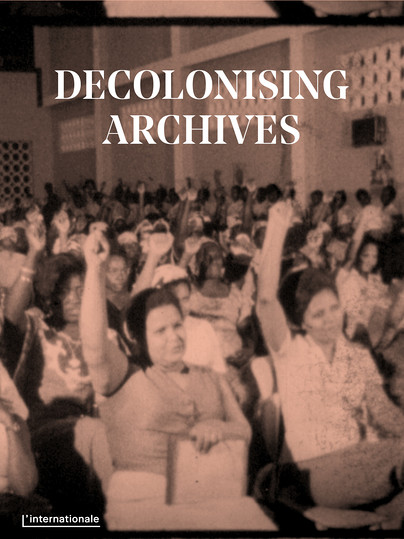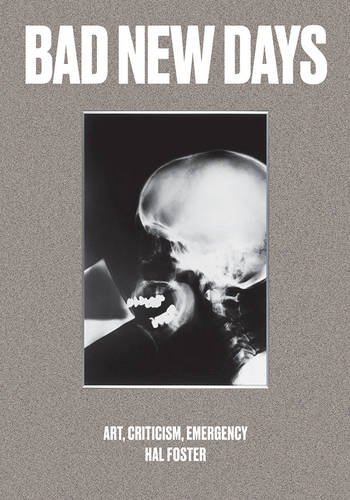Jorge Ribalta: Universal Archive: The Condition of the Document and the Modern Photographic Utopia (2008) [CA, ES, EN]
Filed under book, catalogue | Tags: · archive, barcelona, city, documentary photography, history of photography, photography

“This guide has been published on the occasion of the exhibition Universal Archive. The Condition of the Document and the Modern Photographic Utopia (2008-09) that analyses the idea of a document in the history of photography on the basis of the study and staging of a number of debates about the genre during the 20th century. With the aim of assessing various hypotheses about the meanings and mechanisms of the documentary, it traces a historical itinerary that gets under way with the beginning of the hegemony of photography in the illustrated press in the first third of the 20th century, before arriving at the purported crisis of photographic realism in the digital era at the end of the century. For all that, the exhibition is not a history of the genre, nor does it exhaust its possible definitions, but instead attempts to study how the photographic document has been constituted — in a consistently ambivalent and polemical way — in certain historical contexts. ”
Publisher Museu d’Art Contemporani de Barcelona (MACBA), Barcelona, 2008
ISBN 9788489771703
99 pages
via MACBA
Exhibition reviews: Max Andrews (Frieze 2009), David Evans (Photography & Culture 2010), Art Tattler (n.d.).
Arxiu universal (Catalan, 2008, PDFs)
Archivio universal (Spanish, 2008, PDFs)
Universal Archive (English, 2008, PDF, 3 MB)
L’Internationale, Rado Ištok (eds.): Decolonising Archives (2016)
Filed under book | Tags: · archive, art, colonialism, commons, politics, technology

This publication “aims to show how archives bear testimony to what was, even more so than collections. Archives present documents that allow one to understand what happened and in which order. Today Internet technology, combined with rapid moves made on the geopolitical chessboard, make archives a contested site of affirmation, recognition and denial. As such, it is of great importance to be aware of processes of colonialisation and decolonisation taking place as new technology can both be used to affirm existing hegemonic colonial relationships or break them open.”
Publisher L’Internationale Online, 2016
Creative Commons BY-NC-SA License
111 pages
HTML
PDF, PDF (8 MB)
EPUB, EPUB (8 MB)
Hal Foster: Bad New Days: Art, Criticism, Emergency (2015)
Filed under book | Tags: · abject, aesthetics, archive, art, art criticism, art history, critique, dialectic, fetish, mimesis, neoliberalism, poststructuralism, precarity, theory

“Bad New Days examines the evolution of art and criticism in Western Europe and North America over the last twenty-five years, exploring their dynamic relation to the general condition of emergency instilled by neoliberalism and the war on terror.
Considering the work of artists such as Thomas Hirschhorn, Tacita Dean, and Isa Genzken, and the writing of thinkers like Jacques Rancière, Bruno Latour, and Giorgio Agamben, Hal Foster shows the ways in which art has anticipated this condition, at times resisting the collapse of the social contract or gesturing toward its repair; at other times burlesquing it.
Against the claim that art making has become so heterogeneous as to defy historical analysis, Foster argues that the critic must still articulate a clear account of the contemporary in all its complexity. To that end, he offers several paradigms for the art of recent years, which he terms “abject,” “archival,” “mimetic,” and “precarious.””
Publisher Verso, London and New York, 2015
ISBN 1784781460, 9781784781460
208 pages
Presentation and discussion (video, The Kitchen, NYC, Sep 2015)
Interview (John Douglas Millar, Mute, Nov 2015)
Reviews: Mark Steven (Affirmations 2015), Brian Dillon (Guardian 2015), Rachel Wetzler (ArtNews 2015).
Comment (1)
